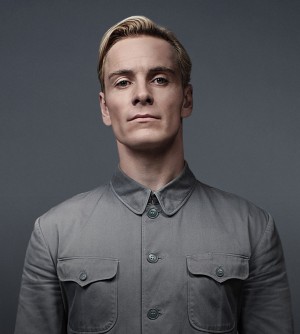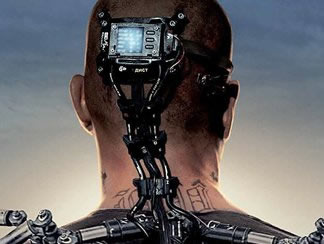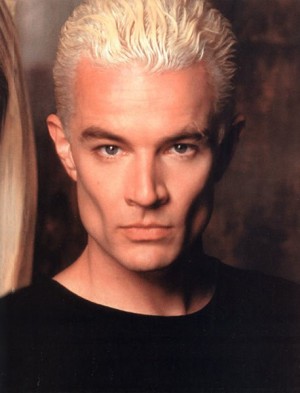Last night I watched Ridley Scott’s latest science fiction film Prometheus, unsure what to expect considering the fact that I’ve never seen any of the Alien films. While I enjoyed the film for the most part, I was mostly intrigued and fascinated by one character: David, the cold and calculating yet charismatic android. I’m not sure whether it was Michael Fassbender’s excellent acting (and handsome face) or the premise of a humanoid robot living and serving humans, but David’s complicated characterization and motivations carried the film for me. And it got me started thinking about the intersection between man and machine.
Every day human technology expands further into our everyday lives. Newer tech like Google Glass and Oculus Rift promise a future of immersive virtual reality while advances in artificial intelligence and robotics presage a future in which machines walk among us. Slowly but surely, the gap is narrowing between where our bodies end and technology begins. So it makes sense that anxiety about the consequences of this synthesis between man and machine manifests in our media.
The last time I saw a movie in theaters (I think it was Man of Steel) I was amazed by this common thread running through many of the previews: Pacific Rim, in which humans join minds with massive robot warriors to battle an alien invasion; Ender’s Game, where a young boy interacts with a virtual game interface in order to wage a war for mankind; Elysium, in which Matt Damon’s character becomes fused with a robotic exoskeleton that gives him superhuman strength. In each preview, the theme was clear–can humans maintain their humanity when their bodies and minds become fused with machines?


